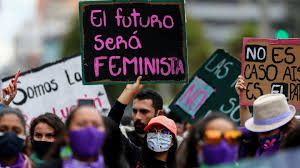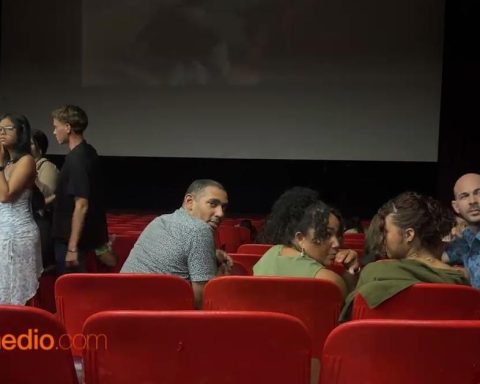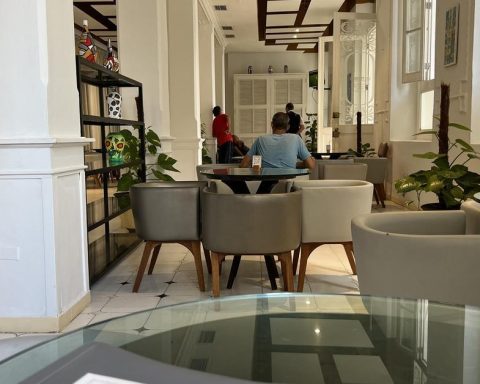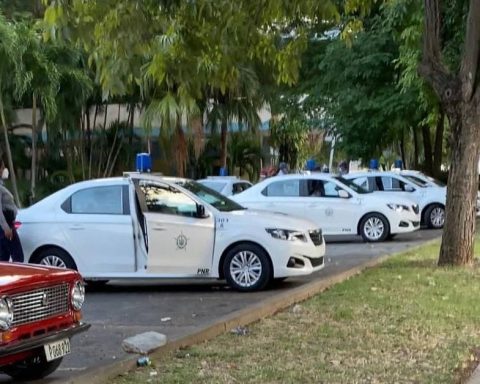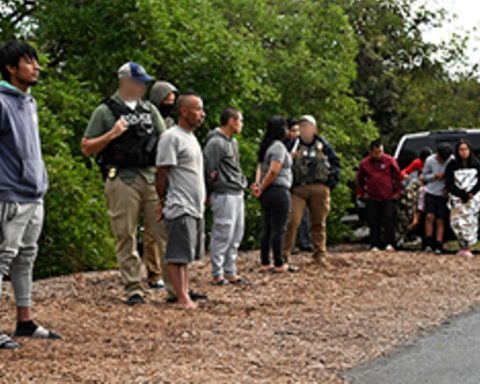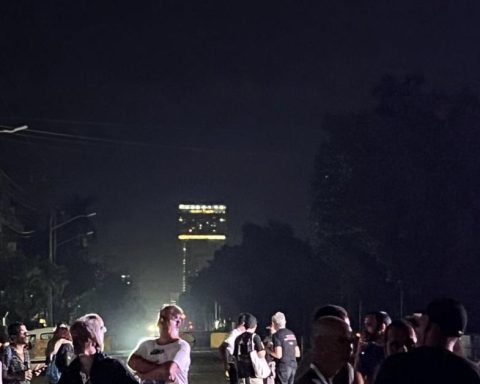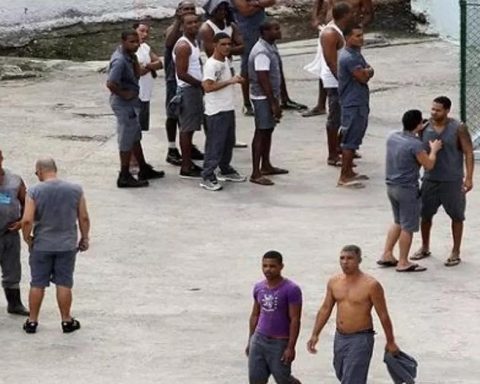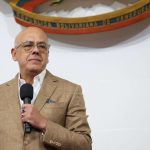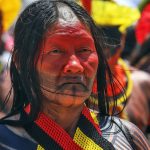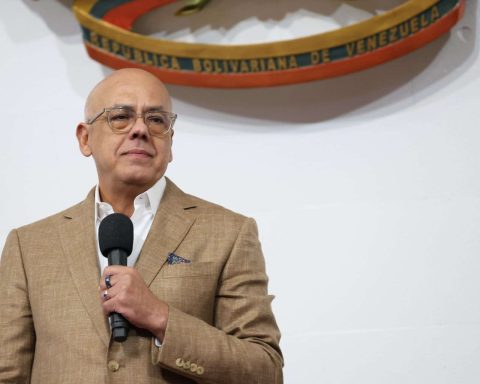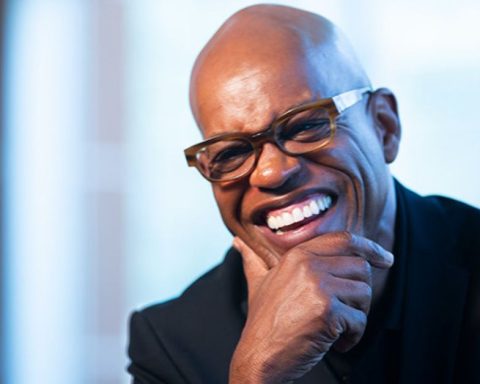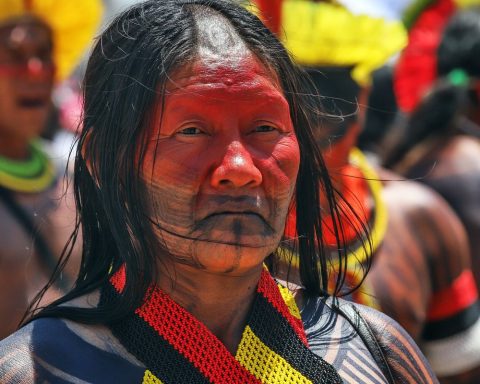A first step towards gender equality is that there are more women in decision-making positions.
“Every year (March 8) we remember how difficult it is to be a woman in a country like ours,” says Sybel Martínez, vice president of the Quito Council for the Protection of Rights, speaking of the importance of women women hold managerial positions in the public and private sectors.
Martínez is convinced that society can change with female leadership, since it is women who can transform social dynamics that continue to be inequitable, violent and revictimizing girls and women.
And although the political participation of women, in the current government is lower (see relative note) there are women leaders in business, environment, education and rights whose figures inspire future generations. On this Women’s Day, LA HORA presents five women leaders.
Florinella Munoz Biseti
After 25 years of service at the National Polytechnic University (EPN) she broke two milestones: being the first woman to assume the rectorate and being the first ‘PhD’ to hold that position. Her work at the ‘Poli’ has focused on the accreditation of careers on an international scale and promoting research projects, so that they solve national problems.

Family. Nina’s mother is Kichwa from Sarayaku and her father is of Swedish origin, which is why she is considered ‘the bridge between two worlds’.
Nina Gualinga
His life has been dedicated to the protection of the Ecuadorian Amazon. He has taken his environmental and rights message to Paris, Germany, Hawaii, Morocco, as well as marches in New York.
He represented the indigenous youths before the Inter-American Court of Human Rights and was part of the team that made it possible to win a historical case against him Ecuadorian government for allowing oil extraction on indigenous lands.
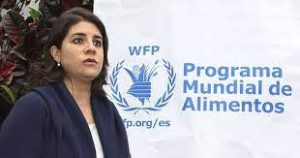
Carmen Burbano de Lara
Director of the School Feeding Program of the World Food Program (WFP), whose task is to make the problem of malnutrition visible and, together with the decision makers from each country take action to achieve the goal of ‘zero hunger’ which is linked to avoiding student desertion.
The program led by Burbano de Lara has a specific impact on girls because they are the ones who are most quickly withdrawn from school by households, especially when they are adolescents.
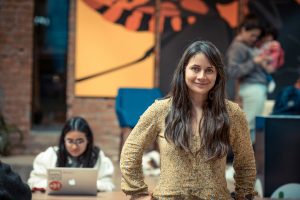
Michelle Arevalo
Co-founder of IMPAQTO and since then she advises entrepreneurs with a social and gender approach. Her work has led her to be part of international organizations such as global shaperan initiative of the World Economic Forum that seeks to promote dialogue, action and change in society.
His company maintains international alliances with entities such as ‘Google’ to offer business acceleration programs and accompanies corporate innovation processes, large foundations and multilateral entities.
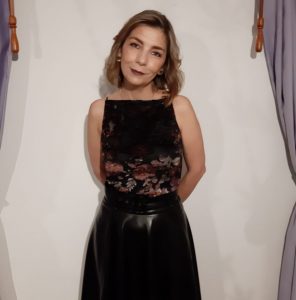
Sybel Martinez
Vice-president of the Council for the Protection of Rights and promoter of projects for the treatment of cases of school violence and implementation of prevention systems.
Its task is to design and execute comprehensive prevention, care and reparation programs for all forms of violence, guaranteeing that the affective-emotional and social needs of minors are met.
A government with few female ministers
Since Guillermo Lasso presented his cabinet something was evident: the low presence of women in Ministries. The government started with 19 men and seven womenbut over the months the ministers Mae Montaño, of social inclusion, and Tanlly Vera, of agriculture and livestock, were replaced by Esteban Bernal and Carlos Cabrera, respectively.
In other positions, women have also been replaced by men. It is the case of the Tanya Varelathe first woman to be Commander General of the National Police, who was dismissed in January 2022 and replaced by Carlos Cabrera.
Martínez indicates that it should be questioned whether the voices of women in Ministries are heard. She points out that the existing communication has been shown to lack sensitivity and gender focus. For example, the statements of the first lady, María de Lourdes Alcívar when she intervened on violence against women.
Or the President’s open stance on vetoing the regulation of the rape abortion.
Ministers
Government of Guillermo Lasso
Government Minister: Alexandra Vela
Minister of education: Mary Brown
Minister of Health: Ximena Garzon.
Secretariat of Human Rights: Bernarda Ordonez.
Minister of Culture: Maria Elena Machuca.
President of the Galapagos Council: Katherine Llerena
Of the 26 ministries in Ecuador, 20 are led by men and six by women.
En América Latina las mujeres ocupan sólo una cuarta parte de los cargos públicos de los poderes estatales.
“We have devalued the feminist discourse. Many forget about gender equity when they manage to win elections and this government (Guillermo Lasso) is no exception to the rule”, Sybel Martínez, vice president of the Rights Protection Council.
